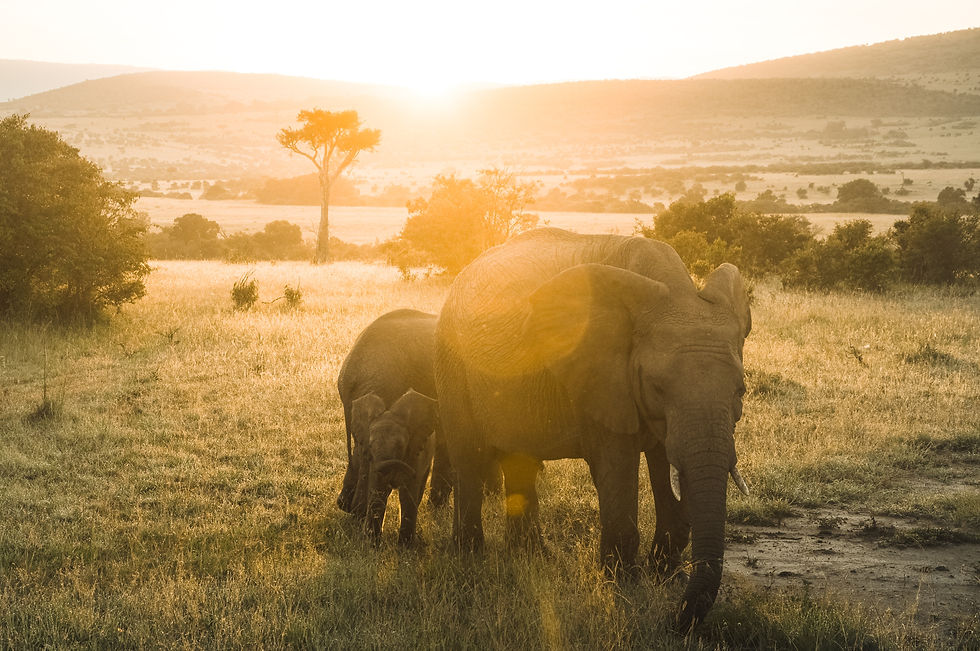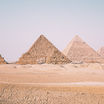
AFRICA
FAMOUS FOR:
Africa is the wellspring of the human race. The second largest continent in the world in both area and population, it offers the visitor a unique blend of natural wonders, renowned prehistoric sites, numerous and often sprawling remains of several of the world's greatest ancient civilisations, vibrant cultures, remote villages and modern cities. Africa has shorelines on the Indian Ocean to the southeast, the Atlantic Ocean to the west, the Red Sea to the northeast, the Gulf of Aden slightly further south, and the Mediterranean Sea to the north. This huge continent is more than 8,000 km (5,000 mi) across north-south and 7,500 km (4,800 mi) east-west with some islands even further out and contains many vastly different peoples, religions, and cultures. Africa has more than 50 sovereign countries—the most of any continent.
Africa's Nile River is claimed by some to be the longest river in the world (other geographers argue that the Amazon is longer); the Nile runs 6,650 km (over 4,100 mi) from Burundi to Egypt. The Congo River in the DR Congo is the second largest in terms of discharge, and the deepest with a depth of over 230 m (750 ft) in some spots. Mount Kilimanjaro in Tanzania is the world's tallest free-standing mountain at 5,890 m (19,340 ft). While the first activity most people associate with Africa is safaris, there are endless possibilities for adventure. For example, you can purchase crafts in markets, venture into the Sahara with a Tuareg caravan, visit traditional villages, hike through the jungle to watch gorillas, climb mountains with rugged landscapes and icy peaks, snorkel in the numerous marine parks while feeding fish, relax on tropical islands in the Indian and Atlantic Oceans, snack on exotic treats, paddle down a river in a dugout pirogue or travel across savanna on a colonial-era railway.
Africa's cultural diversity cannot be overstated — most countries are internally diverse and there are huge differences between the Muslim countries in the north with their Arab- and Berber-influenced cultures and the Sub-Saharan nations, including the rainbow nation of South Africa that has strong European influences in addition to Bantu and other African traditions. It is also the continent with the largest genetic diversity among the population by far: There is far more genetic diversity among Africans than there is between Africans and inhabitants of any other continent. Partly due to the nature of colonial borders, most African countries are anything but homogeneous (for example, South Africa has 11 official languages), and culture, cuisine, language or even the dominant religion may change dramatically within a few hundred kilometres without ever crossing a border.
- Wikivoyage
Countries
Featured Countries
Postcards from Africa
Best of Africa

Come on an adventure with us!
We're just taking off on our journey to revolutionise the travel industry.
Sign up and follow our socials for all the latest and greatest in travel + Trava
Natural Wonders
Safari + Wildlife Spots
BRIAN JACKMAN
Africa changes you forever, like nowhere on earth. Once you have been there, you will never be the same.
WRITER
Africa's Best Beaches
South African Highlights

































